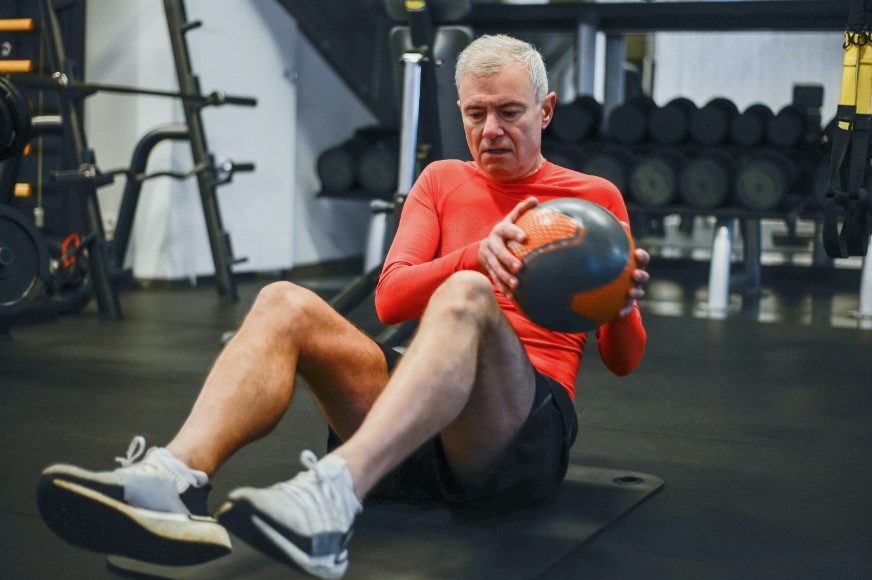
As men age, the importance of maintaining physical fitness becomes even more critical. Staying active and embracing a healthy lifestyle can significantly improve the overall well-being of older men, ensuring they lead a fulfilling and vibrant life. In this article, Alabama Men’s Clinic will explore the benefits of fitness for older men and provide practical tips on how to stay active, strong, and healthy in the golden years.
The Importance of Fitness for Older Men
- Maintaining Physical Health: Regular exercise and fitness routines contribute to better cardiovascular health, bone density, and muscle strength. It helps reduce the risk of chronic illnesses such as heart disease, diabetes, and osteoporosis.
- Enhancing Mental Health: Exercise is not only beneficial for the body but also for the mind. Physical activity releases endorphins, which are natural mood boosters that help reduce stress, anxiety, and symptoms of depression.
- Promoting Independence: Being physically fit enables older men to maintain their independence and perform daily activities with ease. Functional exercises can improve balance, flexibility, and mobility, reducing the risk of falls and injuries.
- Boosting Cognitive Function: Regular physical activity has been linked to improved cognitive function and memory retention in older adults. Exercise promotes better blood flow to the brain, which can enhance cognitive abilities.
- Social Engagement: Participating in fitness activities, group classes, or sports can provide opportunities for social interaction and community engagement. It fosters a sense of camaraderie and belonging.
Fitness Tips for Older Men
- Consult with a Healthcare Professional: Before starting any fitness program, it is essential to consult with a healthcare professional, especially if there are pre-existing health conditions or concerns. They can provide personalized recommendations and ensure safety during exercise.
- Focus on Cardiovascular Exercises: Engage in cardiovascular exercises to improve heart health and stamina. Activities such as walking, cycling, swimming, or dancing are low-impact options that are gentle on the joints.
- Incorporate Strength Training: Strength training is vital for maintaining muscle mass and bone density. It can be done using resistance bands, free weights, or bodyweight exercises. Aim for two to three strength training sessions per week, targeting all major muscle groups.
- Prioritize Flexibility and Balance: Include stretching exercises and activities that improve flexibility and balance. Yoga, tai chi, and Pilates are excellent choices for enhancing range of motion and stability.
- Stay Hydrated: Adequate hydration is essential, especially during physical activity. Drink water before, during, and after exercise to prevent dehydration.
- Warm-Up and Cool Down: Always warm up before starting a workout to prepare the body for activity and prevent injuries. Likewise, cool down with gentle stretching to help muscles recover and reduce post-workout soreness.
- Listen to Your Body: Pay attention to any signs of discomfort or pain during exercise. If something doesn’t feel right, take a break and seek medical advice if necessary.
Fitness is a journey that knows no age limits, and older men can experience tremendous benefits from staying physically active. Engaging in regular exercise not only promotes physical health but also enhances mental well-being and cognitive function. With a focus on cardiovascular workouts, strength training, flexibility, and balance exercises, older men can maintain their vitality and independence, embracing life to the fullest. Remember, it’s never too late to start the journey of ageless fitness and experience the joy and rewards it brings.

